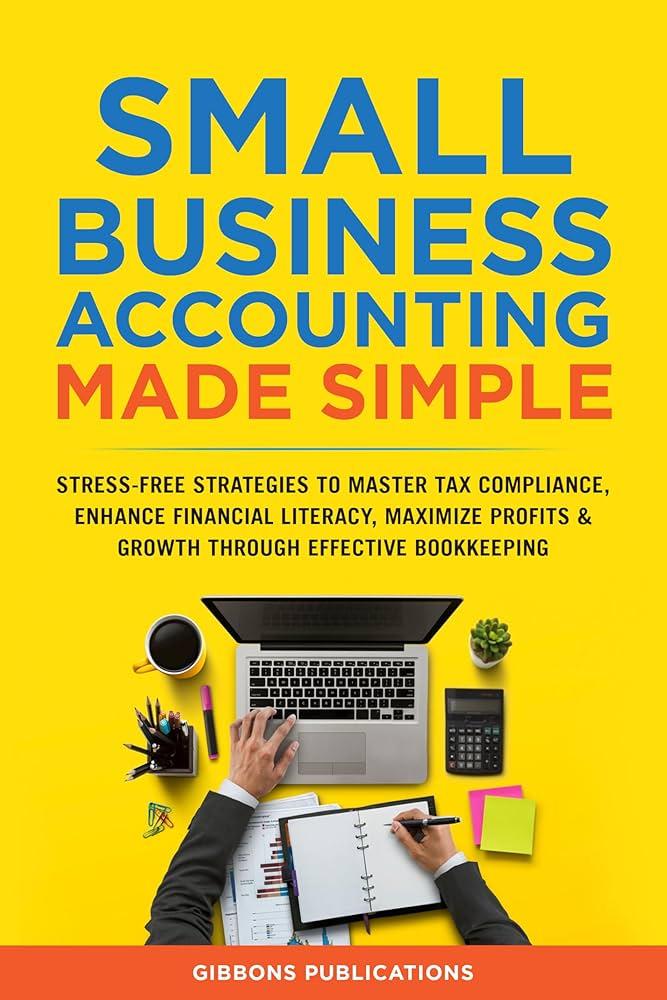Bridging the Tax Knowledge Divide Among Small Business Owners in the U.S.
Understanding the Tax Literacy Deficit and Its Financial Consequences
A recent study by American University in Washington, D.C., has brought to light a substantial deficiency in tax knowledge among small business proprietors nationwide. This gap in understanding fundamental tax principles such as deductions, credits, and asset depreciation is contributing to frequent errors in tax filings, which can jeopardize the financial health of these enterprises. Many entrepreneurs struggle with grasping effective tax planning techniques, which are crucial for managing cash flow and adhering to the dynamic tax regulations.
The survey pinpointed several critical areas where confusion is most prevalent:
- Maintaining accurate records and its significance during IRS audits
- Comprehension of self-employment tax obligations
- Awareness of tax filing deadlines and the repercussions of late submissions, including penalties and interest
To quantify this knowledge gap, the survey revealed the following statistics:
| Tax Topic | Percentage of Owners Facing Difficulties (%) |
|---|---|
| Understanding Tax Deductions | 68 |
| Managing Estimated Tax Payments | 74 |
| Payroll Tax Knowledge | 59 |
Demographic Variations in Tax Knowledge Among Entrepreneurs
The American University survey also uncovered notable disparities in tax literacy based on age, education level, and geographic location. Younger entrepreneurs, especially those under 35, demonstrated significantly lower proficiency in tax-related matters compared to older business owners. Conversely, individuals with higher education credentials, such as bachelor’s or advanced degrees, showed a stronger grasp of tax compliance, enabling them to better minimize tax liabilities. Furthermore, business owners situated in metropolitan areas exhibited greater tax knowledge, likely benefiting from enhanced access to educational resources and professional networks.
Highlighted demographic differences include:
- Age: Entrepreneurs aged 18-34 scored 40% lower on tax literacy tests than those aged 50 and above.
- Education: Owners with at least a bachelor’s degree outperformed those with only a high school diploma by 30%.
- Location: Urban-based entrepreneurs scored 25% higher in tax knowledge than their rural counterparts.
| Group | Average Tax Literacy Score | Rate of Filing Errors |
|---|---|---|
| Entrepreneurs 18-34 | 58% | 22% |
| Entrepreneurs 50+ | 98% | 5% |
| High School or Less | 60% | 20% |
| Bachelor’s Degree or Higher | 90% | 7% |
| Urban Entrepreneurs | 85% | 8% |
| Rural Entrepreneurs | 60% | 18% |
Strategies to Enhance Tax Education for Small Business Owners
Tax experts and economists affiliated with American University advocate for a comprehensive overhaul of educational initiatives aimed at small business owners. Despite the availability of various tax resources, many entrepreneurs remain ill-equipped to navigate complex tax codes, resulting in costly mistakes and missed financial advantages. Current educational offerings often lack practical application and fail to address the unique challenges faced by small businesses.
Recommended approaches to improve tax literacy include:
- Incorporating mandatory tax education modules into the business licensing and registration process
- Hosting interactive workshops that simulate real-world tax filing scenarios
- Partnering with local IRS offices to provide continuous guidance and updates
- Developing user-friendly digital platforms equipped with interactive tools and resources
These initiatives aim to close the knowledge gap, reduce penalties, and empower small business owners to make informed financial decisions.
| Educational Program | Primary Focus | Potential Impact |
|---|---|---|
| Online Learning Modules | Fundamentals of Tax Compliance | High |
| In-Person Training Sessions | Maximizing Deductions and Credits | Medium |
| IRS-Sponsored Seminars | Filing Procedures and Deadlines | High |
| Mobile Applications | Real-Time Tax Assistance | Medium |
Policy Initiatives to Simplify Tax Codes and Expand Support for Small Businesses
In light of the widespread confusion surrounding tax regulations among small business owners, policymakers are being urged to simplify the tax code to enhance clarity and ease of compliance. Proposed reforms focus on eliminating complex jargon and consolidating forms to reduce administrative burdens. Simplification is expected to not only decrease filing errors but also enable entrepreneurs to concentrate more on growing their businesses rather than grappling with tax complexities.
Complementing tax code reform, experts recommend expanding support services tailored to small business needs, including:
- Boosting funding for free tax education workshops through community colleges and local business organizations
- Developing comprehensive digital toolkits that guide owners through filing processes and eligibility for tax credits
- Increasing access to affordable tax advisory services via subsidized consultation programs targeting underserved small business communities
| Policy Focus | Proposed Action | Anticipated Outcome |
|---|---|---|
| Tax Code Simplification | Rewrite in plain language and streamline forms | Fewer errors and expedited filing |
| Educational Outreach | Free workshops and online tutorials | Enhanced tax literacy and confidence |
| Advisory Access | Subsidized professional consultations | Improved expert support availability |
Final Thoughts: Empowering Small Businesses Through Tax Education
The American University survey sheds light on a critical challenge facing small business owners as they navigate an increasingly intricate tax environment. The growing demand for targeted tax literacy programs underscores the necessity for tailored educational resources that empower entrepreneurs to avoid costly mistakes and capitalize on available tax benefits. Addressing this knowledge gap is essential not only for individual business success but also for the broader economic resilience of the nation. As stakeholders in Washington, D.C., and beyond consider these findings, the momentum for meaningful reform and enhanced support continues to build.







